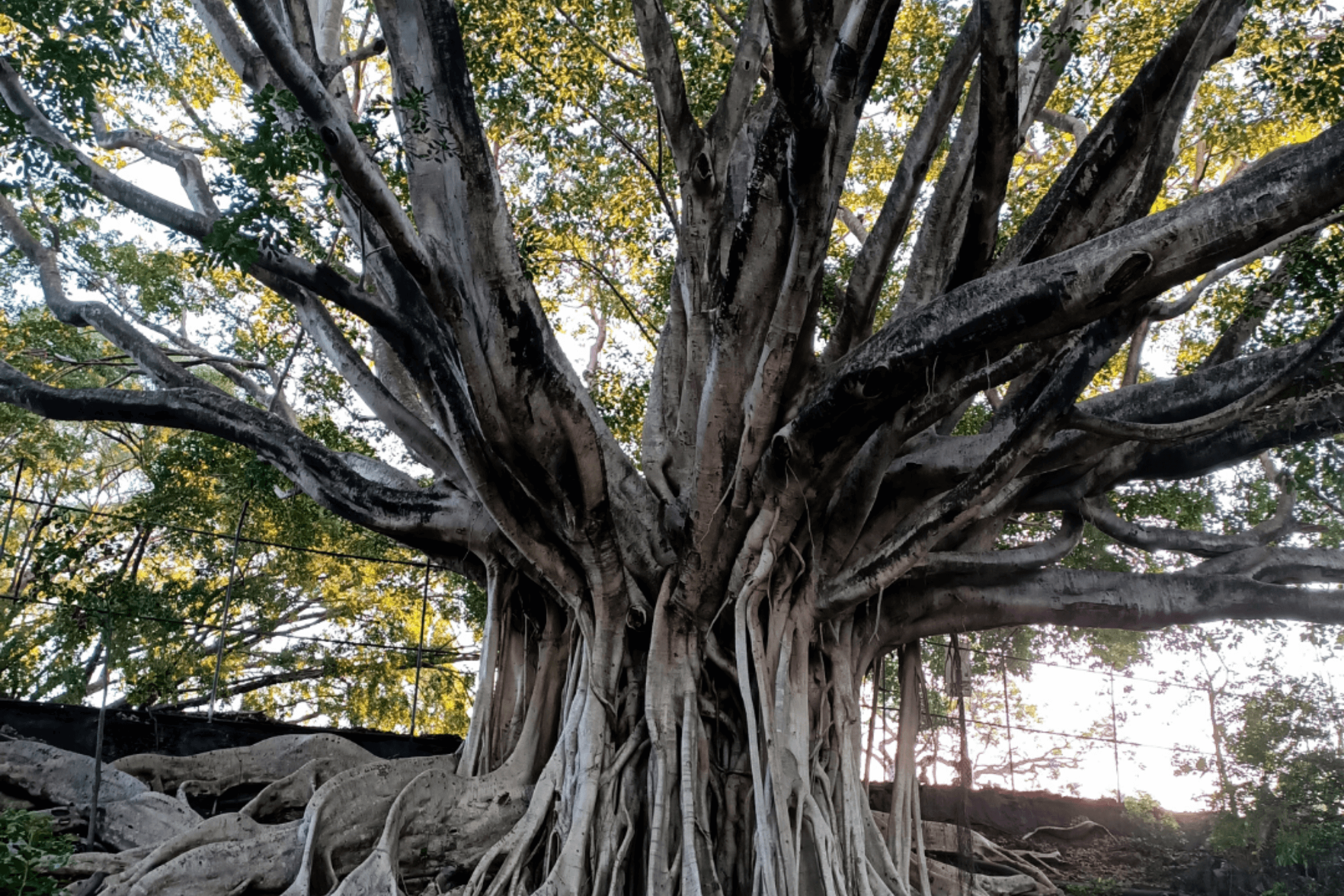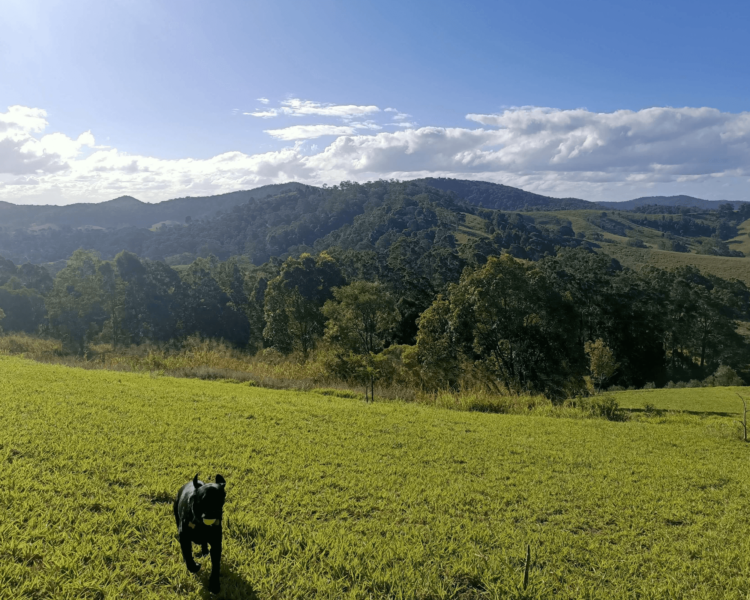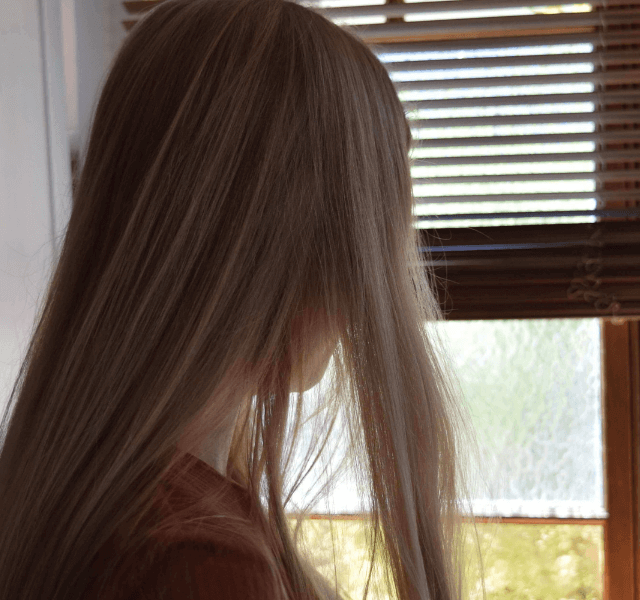It is sometime in the middle of June in the year of 2020. I haven’t seen my partner, or a decent paycheck, in months. Mid-March, in fact, was the last time that I had held both. Since then, I’ve been living alone with not much to do in what was once a bustling share house, one that swelled with people and dinners and parties, one that is now silent and still.
I am lucky, I know; the pandemic has taken my partner across the country, but it has not taken him, or any of my loved ones, permanently. It has swiped a major client from my books, but my dwindling bank balance has been salvaged by my government’s income support. The supermarket is always open, its shelves mostly full (except for, on occasion, those within the toilet paper aisle). My neighbourhood is one around which I can safely walk for an hour each day.
My boredom and loneliness are among the milder symptoms one can experience during this global catasrophe.
Still, that’s not to say they don’t take their toll.
This dark, gloomy morning, I have woken up with dread weighting on my duvet, sitting on my chest like a child with tucked knees, looking expectantly at me, wondering what I am going to do with her.
I am wondering the same.
I run through my to-do list; I could watch the news, learn how many have died in the last 24 hours. I do need to sit at my computer, just a few metres away from where I’m suffocating in bed. Write some dry copy for a client. Then… nothing.
The tears begin to fall. I roll over, hoping to throw grief from my chest, but she just clings to my back instead. Her cold hands around my throat. I hate this, I think. What’s wrong with me? I just want to feel okay.
Then, a little voice responds: What if it’s okay to feel sad sometimes? Instead of pushing grief away, I snuggle her. Comfort her. Let her be here with me for a while. Paradoxically, this is how I’ve learned to feel okay.
I learned that experiencing negative emotion was part of being human
Accepting discomfort is a magical practice once you discover and harness its power, but it is elusive, and for good reason. Just consider how attuned we are to chasing positive feelings and fleeing negative ones. Unhappiness is branded as something that we want to avoid at all costs, something not ever really considered ‘normal’. This is the premise on which all advertising thrives: purchase our products or services, and you will feel good, advertisers claim. Complete this course and never feel crappy again.
When we learn that negative emotions are to be rounded up and shuffled away as quickly as possible, we aren’t learning how to sit with uncomfortable feelings, to process them, to heal from them and, finally, to no longer fear them. Unless, that is, we seek therapy, a practice only now touching the realms of normalisation. (A great thing to do, by the way.)
But do we ever think about why we want to push bad feelings away? Do we ever consider that they actually can’t hurt us and we might actually want to experience them?
Do we not want to mourn when a loved one passes away? Do we not want to miss our families and lovers when they are not nearby? Life, no matter what, is brimming with emotion – the positive and the negative – and, evolutionary, it makes sense that we should seek the good and fear the bad. But we don’t have to. When we fear something, our brain wants to protect us, to scan for threats, and to understand what, precisely, is the cause of our discomfort. (It is in this way that our negative emotions can become layered with more negative emotions, such as panic, shame and frustration.) But what if nothing has gone wrong? What if ‘sad’ isn’t wrong?
What happens when we try accepting that, at this moment, we are experiencing sadness; that we are safe, that sadness is normal and okay, and that it too, shall pass?
I learned the importance of getting outdoors
I find that getting out of doors gets me “out” of my head, too. I am able to extract myself from the sticky thoughts and feelings of my cocoon at home. I might smile at another person. I might remember that they are weathering storms, too, besides the one that we are all weathering together right now in lockdown. I might remember that I am incredibly lucky to walk in the sunshine in the first place. Depending on the season, I will see roses and marigold and rosemary. I will probably see the slobbery tongue of a delighted dog panting on an afternoon walk. Children squealing at one another at the park.
I am reminded that I am also a part of this community. That my own life and routines and desires and hopes are every bit as valuable as everyone else’s. I am reminded that I have a community – my family and friends – in my pocket when I need them, I need only to reach for them.
Not to mention, any exercise I do will produce those chemicals called endorphins, which I’ve heard help to elevate mood…


I learned to love my journal
That day I woke up and allowed myself to cry without making it mean that there was something wrong with me was revelatory. As I allowed the tears to fall, I found that they were, in fact, not infinite. That an end came, more quickly than I had expected it to.
After I had cried and snuggled deeper into my grief, I heard an encouraging voice in my head, gently tempting me with the idea of sitting outside, possibly in some sunshine, with a cup of peppermint tea and my journal. And I did so, with no expectations. Soon, though, my grief spilled over the pages of my Moleskine. As my pen flew, so did the thoughts from my brain, thoughts that I didn’t even know I believed. Sitting with these thoughts and their partnered emotions, seeing them made tangible as scribbles on a page, removed their fire.
It is fascinating to discover that which is lurking in the depths of our minds when we allow ourselves to look. It is fascinating to see these thoughts as words on a page and realise, even if just a little bit, that it is possible that they aren’t facts. That you can, in fact, alter them, play with them, reinvent them, and then encourage your brain to look for more like their reinvention.


I learned to appreciate the little things
The following is an excerpt from my journal, something that I scribbled next to a star on Wednesday June 16, 2020:
‘On my walk this afternoon, I saw someone approach their front door from what I assume was a long workday and squeal delightfully “I’m hooome!” to their pet cat, before scooping it up for a cuddle.’
While I was walking my regular route around Paddington on this sunny winter’s day, I noticed this encounter and, for whatever reason, it warmed my heart. It could have been the vigour with which this person greeted their cat, their own utter and wholesome happiness over its mere presence, the realisation that life can be full of sweet moments like these, when you’re nudging your brain to notice them.
So, I decided to write it down. Then, I figured I’d keep a look out for small, beautiful things that warmed my heart every day – and I did. And it helped me to train my brain to notice the good in the world, reminding me that the good things that actually make the days bright and warm are actually the smaller things; and that I am so fortunate to be able to experience them.
What is your relationship with grief like? How do you soothe and comfort yourself? Please reach out as I’d love to know, and I’d love to know if you thought any of my own tips resonated with you.
Take care,
E
xx.
A little note…
Sometimes, you might feel sad for longer than usual. Often, for me, and depending on whether or not alcohol played any part in my diet in the days prior, sadness can last an entire day, during which I will wait out the negative emotions gently, doing nice things for myself like reading or watching my favourite movie. The most important, and difficult, thing for me in these moments is to not take the thoughts that my brain is offering me too seriously.
However, if sad feelings stick around for a long time, then I would really recommend talking to a professional, like a psychologist, to help.
.jpeg)






Leave a Reply